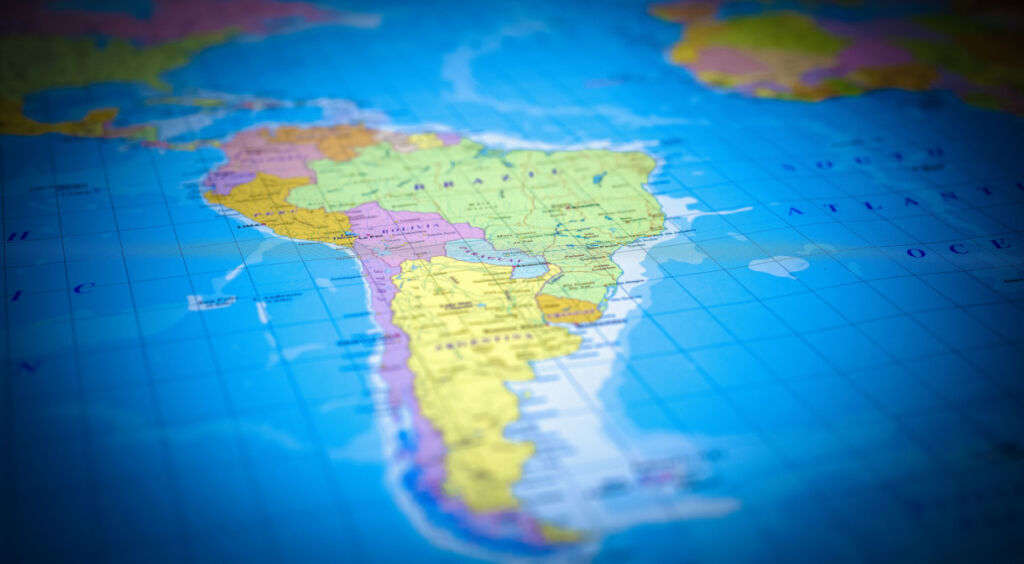This week the World Bank
presented the Doing Business 2015 Report. This is the most well known report of
the World Bank Group, the one that brings the highest attention from the media,
business sector, and the governments. The Doing Business generates mixed
fillings within many government authorities around the world. Some countries
are strong supporters while others dislike the ranking itself, complaining that
it does not provides a fair assessment of business environment and their attractiveness
for investors. Beyond the criticism which mostly comes from those countries that
are lagging behind in the rankings and on truth reforms to improve the business
environment, Doing Business has been a remarkable success tool by which the
World Bank Group has persuaded countries to improve the business environment promoting
best practices and the proper regulatory reforms.
The Doing Business 2015 is
the 12th in a series of annual reports investigating the regulations and the
protection of property rights that can be compared across 189 economies, in11
areas of a life of a business:
- staring a business
- dealing with construction permits
- getting electricity
- registering property
- getting credit
- protecting minority investors
- paying taxes
- trading across borders
- enforcing contracts
- resolving insolvency
- labor market regulations (that was not included in the 2015 ranking)
Doing Business 2015 come
with many improvements. First the launch of a new methodology agreed after two
years of work within the World Bank Group and with other external and advisory groups.
This new methodology implies an enhancement respect to the previous one, and
makes this excellent document an even better one. In particular, the new
ranking uses the concept of the distance of each country in each aspect to the
frontier of the best practices in assessing each economies within the ranking.
With an accumulated data set for more than 12 years, Doing Business allows time
series comparison on how the business environment has improved or worsen across
the 189 economies considered, and what sees remarkable is that in general the economies
worldwide have been improving their business environments, and better practices
within the different indicators have been spread across the different economies.
The gap between the best and the worst performers is narrowing, where the worst
performers are catching up with the best performers that continue improving
their business environments. For example, the difference of the time needed to
start a business within the worst and the best performing economies was more
than 90 days in 2005, and today this distance has contracted to about 25 days;
and a similar pattern can be observed in the other variables measured by the
Doing Business report. There is no doubt that this World Bank tool has had an
important and positive impact on governments and business regulations around
the world. Everyone wants to appear among the best performers.
The regions where
improvements have been the most and faster are Europe and Central Asia, while
the worst is South Asia. And in the case of the Latin American and Caribbean
region, it is lagging behind even dough is a region where exist a lot of low hanging
fruit to catch-up. Today in a more integrated and connected world, where market
economies have gain ground worldwide, the competition to attract foreign
investment is fierce, and the countries that doesn't improve their business
environment, making them much more friendlier with respect to the rest, will have
to pay a much higher price if they want to convince foreign investors to bring
those scarce investments resources into their economies.
The invitation to improve
the regulations and property rights which affect the business environment with
well crafted policies is there, already done by the Doing Business report, and
the countries that does not take it seriously will hinder economic growth
losing ground to improve the living conditions of their citizens.




No hay comentarios:
Publicar un comentario